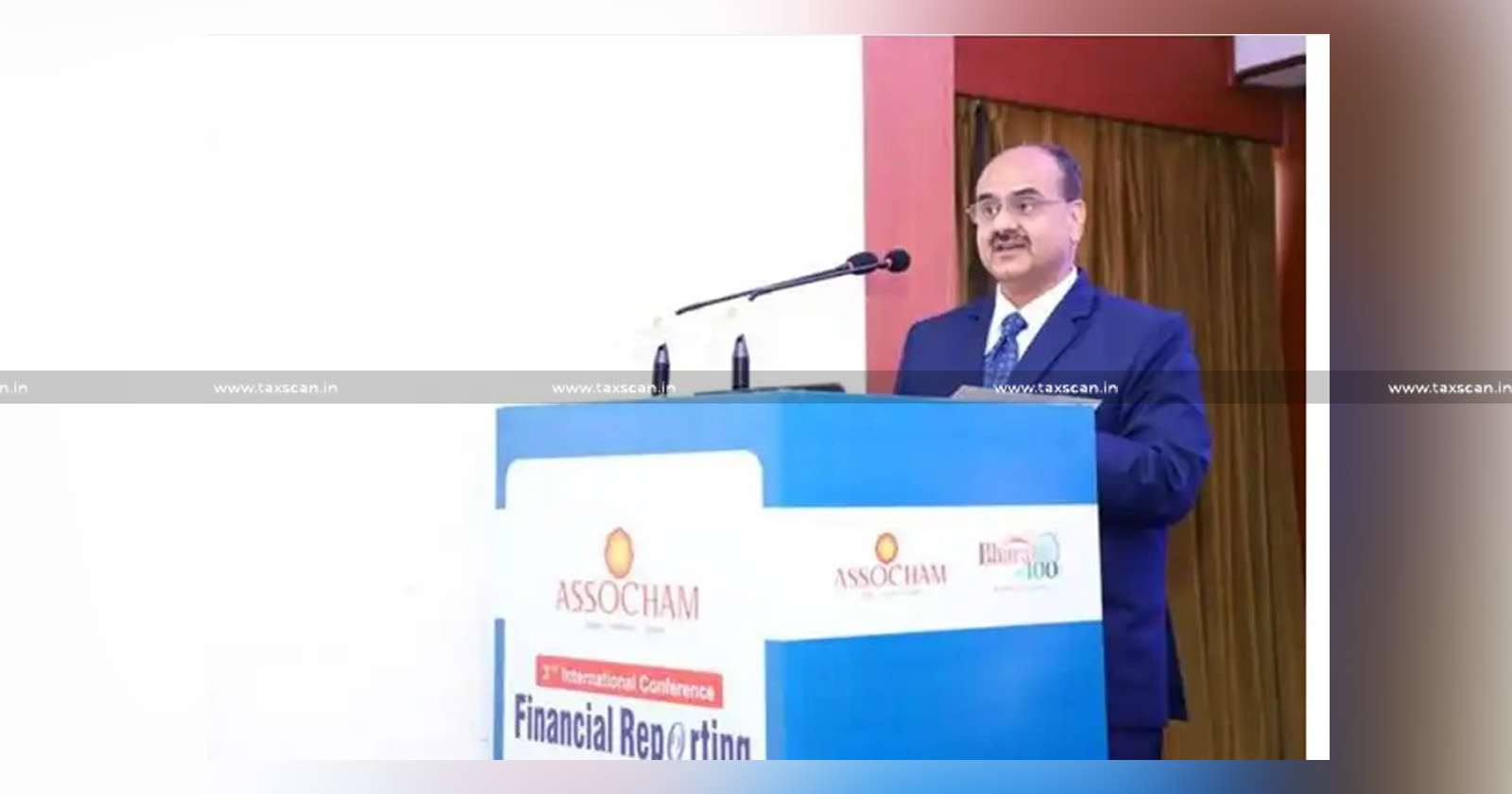Experienced Auditor's Committee to Ensure High Quality Audits; Remunerated Suitably: Says NFRA Chairperson Dr. Ajay Bhushan Pandey

Experienced Auditor’s Committee – Auditor’s – Committee – Auditor’s Committee – Ensure High Quality Audits – taxscan
Experienced Auditor’s Committee – Auditor’s – Committee – Auditor’s Committee – Ensure High Quality Audits – taxscan
During the 3rd International Conference on Financial Reporting and Control: Recent Development and Challenges, hosted by ASSOCHAM on 21st July 2023, Dr. Ajay Bhushan Prasad Pandey, the Chairperson of the National Financial Reporting Authority (NFRA), emphasized the significance of including experienced individuals in the auditor's committee to ensure audits of high quality. He discussed the role of Financial Reporting and Auditors in bolstering investor confidence within the Corporate Sector.
Dr. Pandey underscored the value of the private sector and the audit of Financial Reports in his speech as contributing factors to the country's economic progress. In light of the amazing success the nation has seen as a result of various ground-breaking reforms launched by Indian policymakers over the past 8–9 years, he emphasised the importance of this. Digital reforms like Aadhar, UPI, GST, and tax reforms are among them.
The NFRA Chairperson also gave extensive insight into current NFRA efforts to guarantee the calibre of audits. He accentuated the significance of the views included in a number of NFRA disciplinary rulings. He also pointed out how NFRA takes into account the viewpoints of peer organisations with years of experience as independent regulators, like PCAOB and FRC.
He emphasised the function of its disciplinary orders as instruments to enhance audit quality rather than only taking punitive measures. He brought attention to the four following crucial results that resulted from these Dos.
- Auditors have to evaluate the business rationale, or lack thereof, of company transactions, business objective or purpose. In this regard, he mentioned the auditors responsibility enshrined in a few standards on auditing i.e. understanding the entity’s operations/strategy to identify risk of misstatements, fraud identification and related parties/transactions.
- Auditors responsibilities in the area of frauds in/by the company as outlined in the standards and laws. There is a ‘mind-set’ gap among the auditors rather than the ‘expectation gap’ of the investors. Auditors need to follow the prescriptions in standards and law, which may or may not result in prevent/detection of frauds. He advised auditors not to cherry-pick based on debate principles versus rule based regime etc. In order to address misunderstanding among auditors, NFRA has issued circular clarifying frauds are required to be reported even if the auditor is not the first to find the fraud; Fraud is not to be reported only when the previous auditor has already filed ADT-4.
- Lack of audit work documentation & timely archival of audit files: Present era standards have heavy emphasis on documentation of the audit work. Current underlying principle is that audit work papers should speak themselves regardless of whether the auditor is present or not. Audit work documentation, if performed in true spirit, leads to ‘thinking audit’ rather than ‘ticking audit’.
- Excessive or inappropriate reliance on management’s experts or auditors expert: There is unduly excessive reliance on the reports or opinions of either management’s or auditor’s expert or legal opinions. Appropriate audit checks prescribed under SAs are not followed in true spirit in evaluating reports on impairment loss, fair values etc.
The chairperson reached the conclusion that there is a need for improvement in the audit function, as well as the roles of the audit committee and independent directors, to enhance trust in the private sector. Furthermore, auditors should be adequately remunerated for fulfilling this essential responsibility.
Support our journalism by subscribing to Taxscan premium. Follow us on Telegram for quick updates


